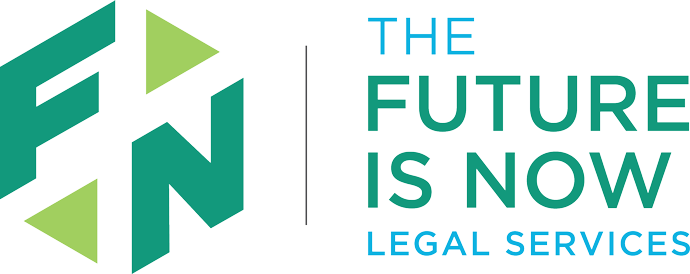The Legal Profession’s Last Mile Problem
The biggest constraint on innovation in the legal industry is not the lack of workable technology, but rather the lack of a business model that rewards efficiency rather than production. It’s the legal profession’s “last mile” problem.
Under the current system of charge and compensate based primarily on hourly production, there is tremendous uncertainty over who benefits from improved productivity – the producer, or consumer, or both? The lawyer who invested in time-saving technology would like to charge higher rates, but the client resists, believing that the billable rate is already too high. Alternatively, the lawyer would like to make up the lost revenue and profit by getting a larger volume of work from the client, thus siphoning away work from competitors. Yet, the client may be reluctant to provide any guarantees.
Can this uncertainty be resolved, so members of the profession can more safely make investments in superior technologies, processes, and business methods? A sophisticated, structured dialogue between buyers and suppliers of legal services just might be the answer.
Speaker Bio
Bill currently serves as a Professor of Law at Indiana Maurer School of Law, where he teaches courses on project management, business law, the legal profession, and leadership. In 2010, he co-founded Lawyer Metrics, an education and research company that teaches law students and lawyers how to use data to make strategic business decisions for their practices.
An avid writer and researcher, Bill’s work on the empirical analysis of the legal profession and legal education has been published in numerous leading legal publications and journals. In fact, he was cited as one of the National Law Journal’s “Most Influential Lawyers in America” and the National Jurist’s “Most Influential Person in Legal Education”. Later this year, Bill plans to launch Legal Evolution, an online publication that chronicles successful innovation within the legal profession.
